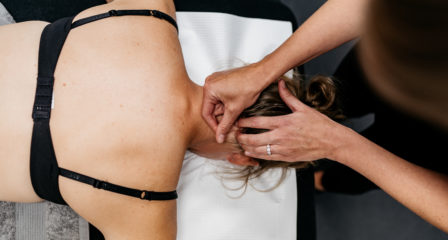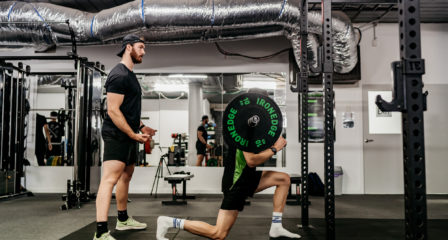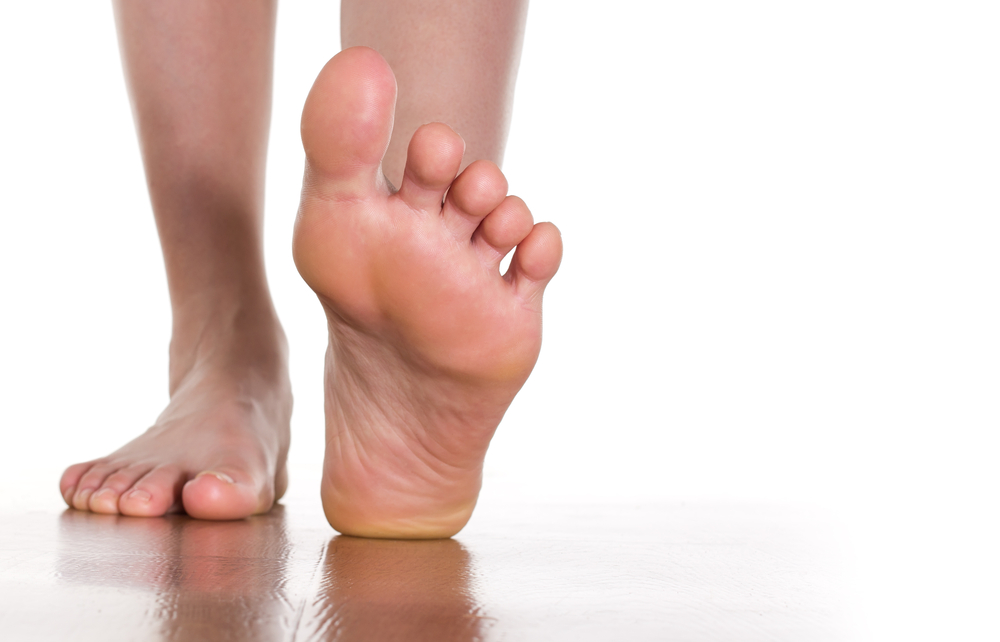
Plantar Heel Pain
What is it?
Plantar heel pain accounts for approximately 8% of all running-related injuries. It involves pain that is felt at the base of the heel and often involves your plantar fascia. Other tissues that can be involved in a presentation of plantar heel pain include: bone, calcaneal fat pad, peripheral nerve branches.
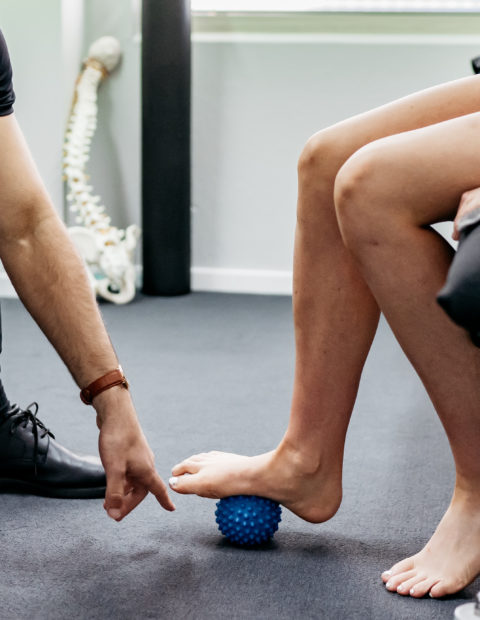
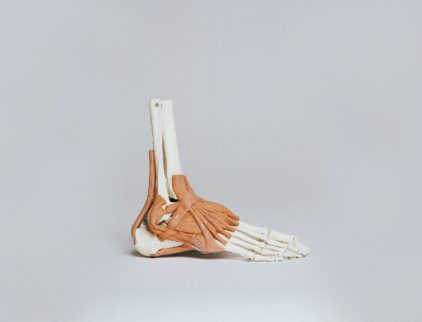

Symptoms commonly associated with Plantar Heel Pain
- Pain that is felt with your first step in the morning
- Pain during weight bearing activities, particularly after periods of rest
Contributing Factors associated with Plantar Heel Pain
INTRINSIC FACTORS
– Body weight
– Biomechanics
– Foot intrinsic muscle mass and strength
– Foot posture
EXTRINSIC FACTORS
– Training errors
– Footwear
– Work load (i.e., time on feet)
Considerations in the management of Plantar Heel Pain
SHORT TERM
- Assess to determine possible tissue source
Not all heel pain is the result of irritation of plantar fascia tissue. Assessment of your presentation is necessary to try and determine the source of your symptoms.
- Load modification
Load often needs to be modified to reduce symptoms and allow contributing factors to be assessed and addressed. This doesn’t mean no running, but running load should be reduced to a volume that provides an opportunity for tissues involved to rest and recover.
- Dry Needling & Soft Tissue Techniques
These techniques can help to improve the health of affected tissues.
- Calf (and plantar fascia) stretching
Stretching of calf and plantar tissues can be effective in the management of symptoms.
- Taping
Taping applied to the bottom of your foot can be effective in the short term management of symptoms. It can offload affected tissues, allowing them the opportunity to rest and recover.
- Footwear considerations
Footwear is often an important consideration in the management of plantar heel pain. This includes not only runners, but casual and work footwear as well.
LONG TERM
- Strengthening (if indicated)
Reduced strength and mass of foot intrinsic muscles has been associated with plantar heel pain and plantar fasciopathy. Like other muscles, these can be strengthened. Strengthening of foot musculature can help direct load away from affected tissues (i.e., plantar fascia).
- Shockwave Therapy
If symptoms are persistent, there is evidence suggesting the use of shockwave therapy.
- Weight management
Consulting with a dietitian may be useful if body weight is determined to be a significant contributing factor.
Managing plantar heel pain involves a complete and accurate assessment of symptoms and biomechanics to determine the most appropriate approach.
Load needs to be reduced to both allow tissue healing and provide an opportunity for contributing factors addressed. This will help ensure recovery and prevention of future injury.
If you have any questions about plantar heel pain that you may be experiencing please don’t hesitate to call or book a physio appointment online.
Explore our physiotherapy services
Musculoskeletal
Physiotherapy
At The Injury Clinic Physiotherapy, we work closely with our clients to get them back doing the things they love as soon as possible.
Sports
Physiotherapy
The Injury Clinic Physiotherapy works with recreational to elite athletes to keep them injury free and achieving their goals.
Dry
Needling
All physiotherapists at The Injury Clinic Physiotherapy are qualified and experienced in dry needling as a treatment technique.
Running Related Injuries
Physiotherapists at The Injury Clinic Physiotherapy have a special interest in the diagnosis and management of running-related injuries.
Women's Health
Physiotherapy
We have physiotherapists with a special interest in Women's Health, including pre and post partum presentations. Let us work with you to stay fit, active and healthy.
Pre & Post-Operative
Physiotherapy
Physiotherapists at The Injury Clinic Physiotherapy work closely with surgeons to ensure best outcomes post surgery.
Injury Q&A
Our clinicians have been answering all your questions!
Running Analysis
The goal of a running analysis is to identify aspects of your technique that may be contributing to injury or impacting on efficiency.
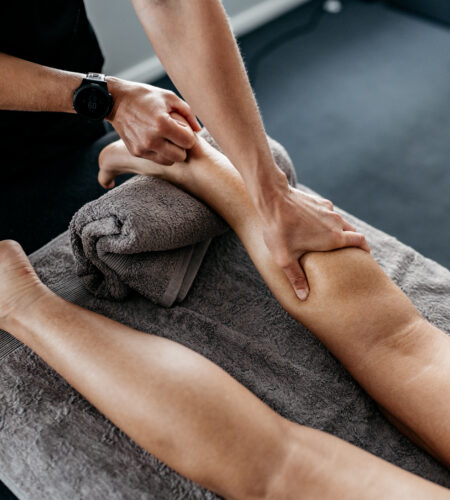

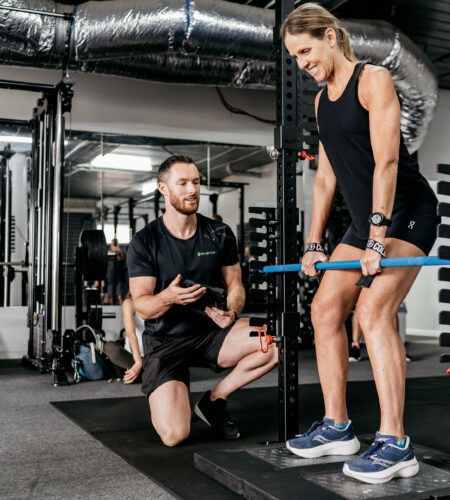

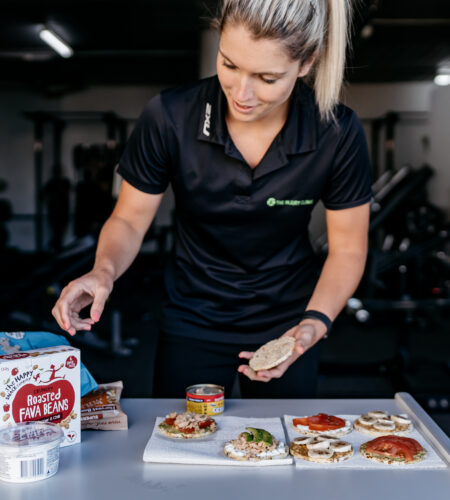

Schedule your next visit
If you’re interested in booking an appointment with one of our team members, contact our clinic today and we’ll be happy to find time for a consultation.
Schedule Consult
